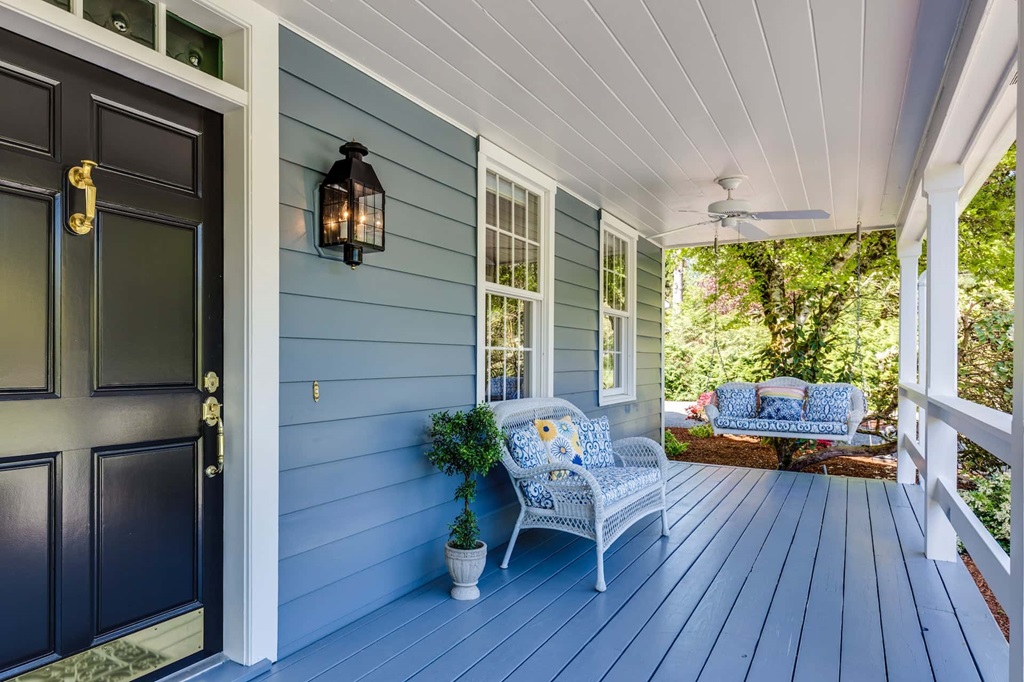Bio-concrete, also known as self-healing concrete, is an innovative construction material designed to repair itself when cracks form. This extends the lifespan of structures and reduces maintenance costs. In the UK, bio-concrete is becoming increasingly popular in sustainable building projects due to its environmental benefits.
How Does It Work?
Bio-concrete incorporates a special blend of bacteria and nutrients, such as calcium lactate, into the concrete mix. When cracks appear and water seeps in, the dormant bacteria become active and produce limestone, filling the gaps and sealing the cracks. This process mimics a natural healing mechanism. The process maintains the structural integrity of the concrete without the need for any labour or intervention.
What Is It Useful For?
Bio-concrete is particularly useful for bridges, tunnels and roads that are subject to heavy usage and weather exposure, where reducing maintenance downtime is a priority. It can be used in walls, foundations and other structures to reduce long-term repair costs. In the UK, where structures frequently face damp or wet conditions, bio-concrete’s ability to heal water-induced cracks is especially good. If you are planning to work in manual or construction-related industries, you can find builders merchants vacancies at BM Careers. There has also been an uptick in interest in construction careers among young people in the UK.
What Are the Benefits of Bio-concrete?
While the initial cost of bio-concrete is higher than traditional concrete, it saves money over time by minimising repairs. Reducing the need for frequent repairs also lowers the environmental impact associated with maintenance and material use. By preventing crack propagation, bio-concrete extends the lifespan of structures, making it ideal for long-term projects.
What Are the Challenges?
The advanced technology makes bio-concrete more expensive upfront. Its adoption in the UK construction industry is also still in its early stages. However, the future of bio-concrete is bright, particularly in places like the UK, where sustainable and green construction is always a main priority. As costs go down and technology rapidly improves over time, bio-concrete could revolutionise the construction industry by creating durable, low-maintenance and eco-friendly structures.

